How to Talk With Patients About Substance Use Disorder
Gateway Foundation
SEPTEMBER 4, 2023
When a patient with substance use disorder (SUD) visits, it’s essential to talk to them in a way that shows sensitivity and empathy while avoiding stigmatizing language. Use People-First Language Patient communication in substance use disorders starts with people-first language. Let your patients choose how they are described.

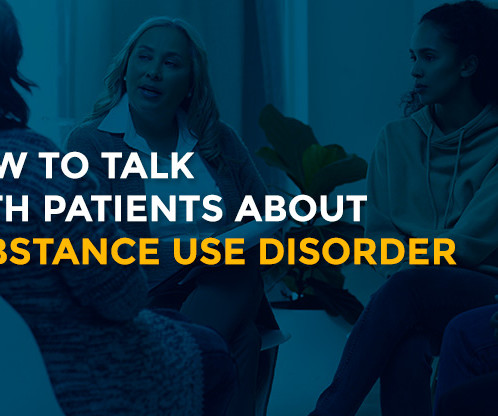
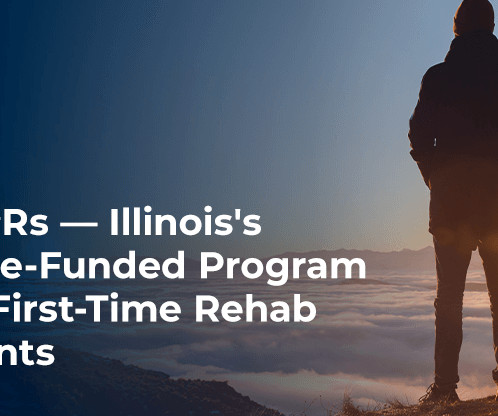
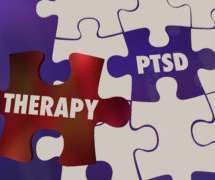
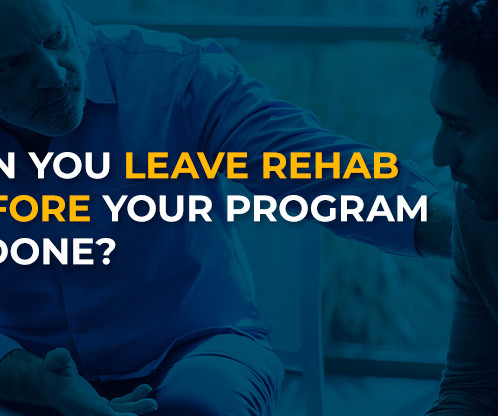
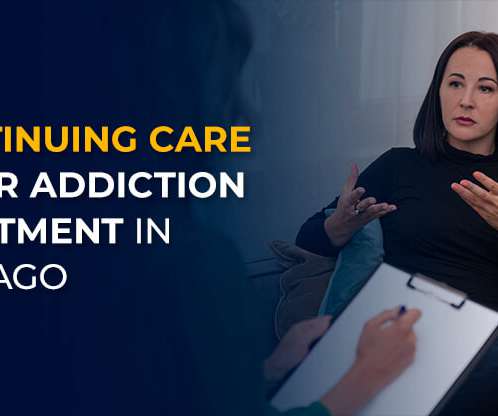



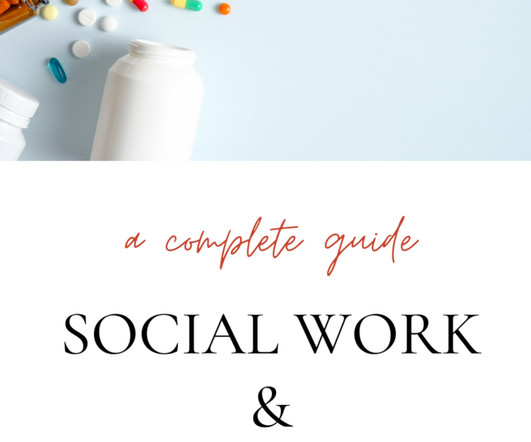
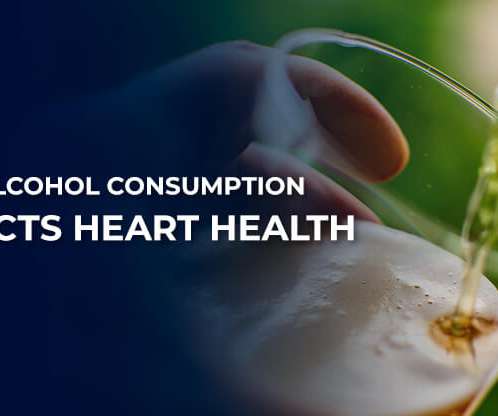






Let's personalize your content